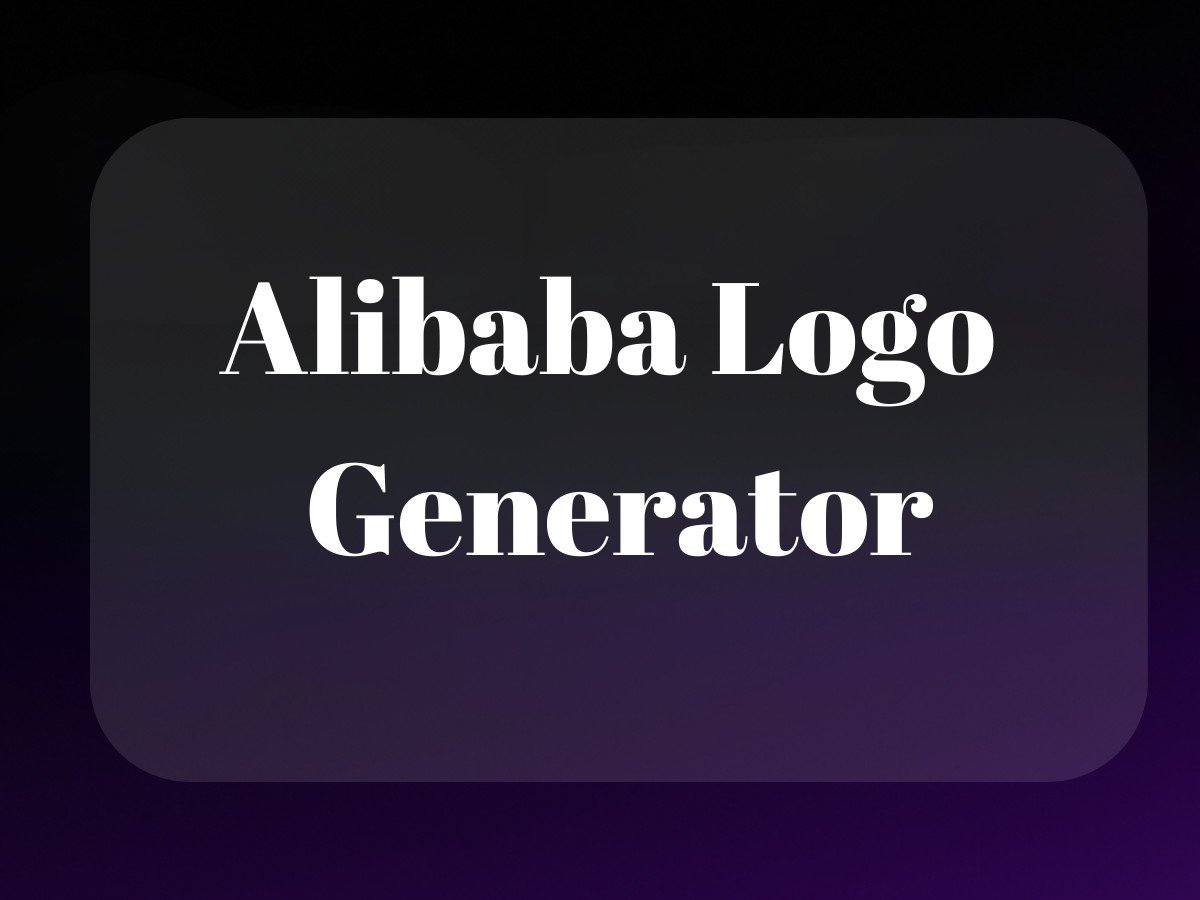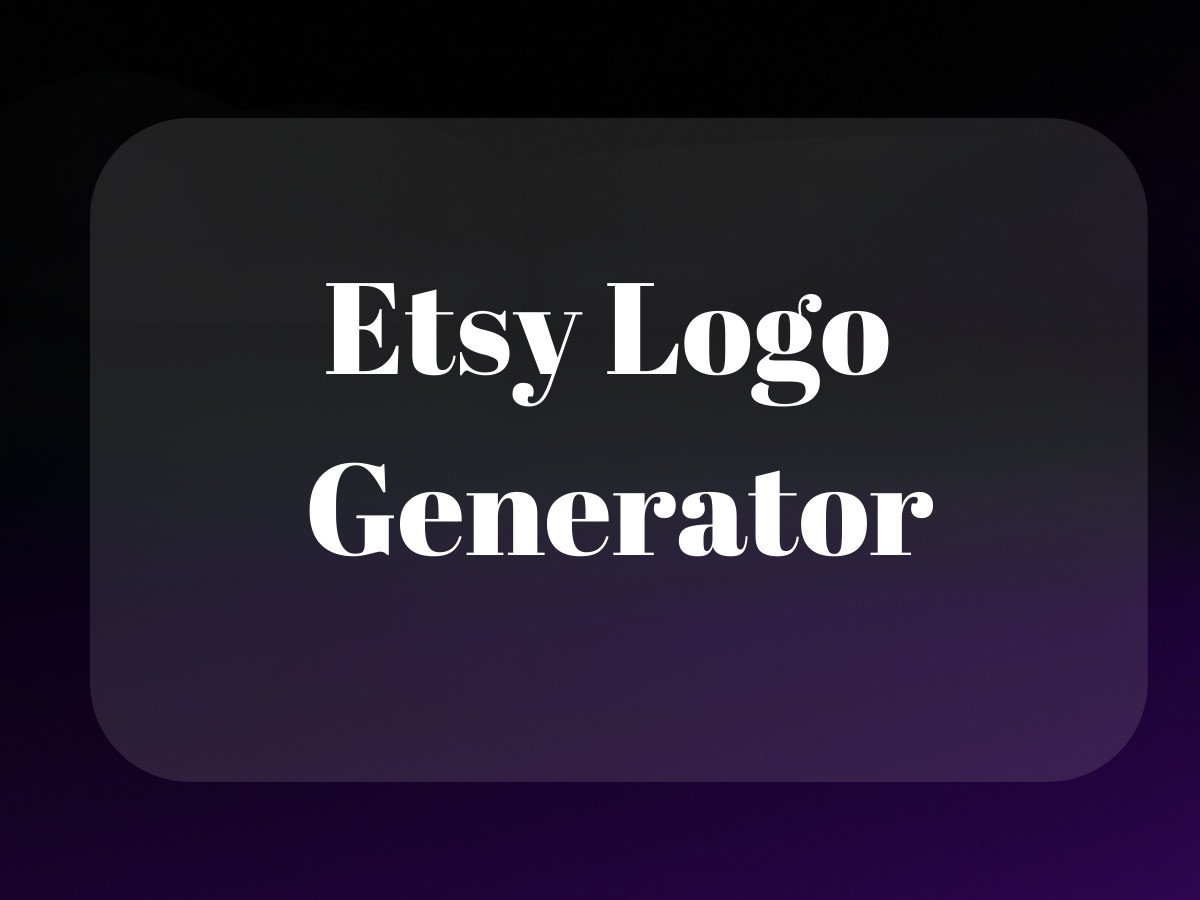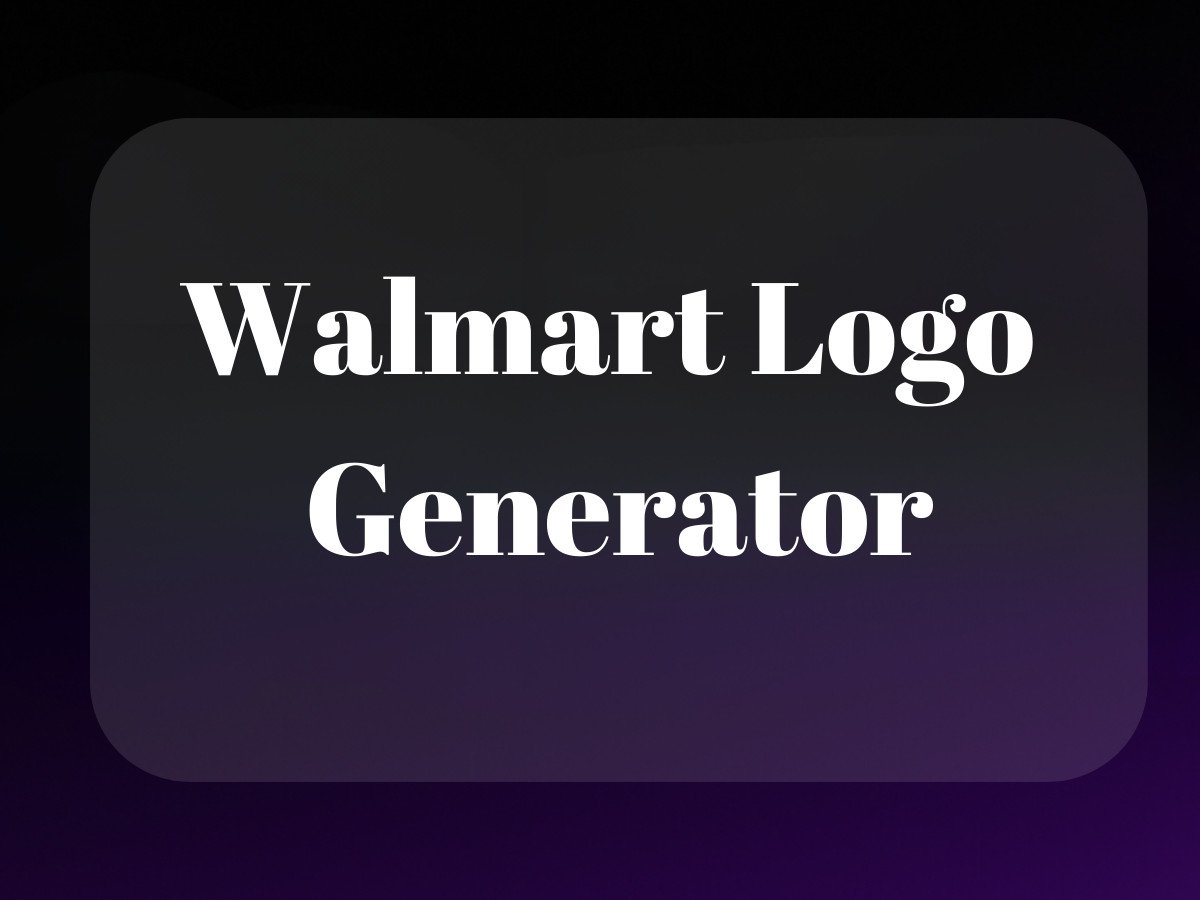Let’s talk about something that’s been keeping ecommerce entrepreneurs up at night – finding reliable alternatives to the behemoth that is Alibaba. I’ve spent countless hours navigating the maze of B2B marketplaces, and let me tell you, it’s like trying to find the right streaming service when everyone claims to be “the Netflix of B2B.”

The thing is, while Alibaba might seem like the only game in town (kind of like how AWS dominated cloud computing in its early days), there’s actually a whole universe of sites like Alibaba out there. And in 2025, some of them are doing things that would make Jack Ma raise an eyebrow.
The Evolution of B2B Marketplaces: Beyond the Alibaba Monopoly
Remember when Amazon was just an online bookstore? B2B marketplaces have gone through a similar transformation. What started as simple directory listings has evolved into sophisticated platforms with AI-powered matching algorithms, blockchain-verified suppliers, and virtual showrooms that would make Star Trek’s holodeck jealous.
But here’s the thing – while everyone’s been obsessing over Alibaba (the Chinese Amazon equivalent, as many call it), a new breed of specialized platforms has been quietly reshaping the industry. It’s like watching Netflix spawn dozens of niche streaming services, each carving out its own unique space.
Why Businesses Are Looking for Alibaba Alternatives
Let’s be real – Alibaba isn’t perfect. Despite being the 800-pound gorilla in the room, it’s got its share of challenges. From verification headaches to minimum order quantities that make small businesses gulp, there are plenty of reasons why smart entrepreneurs are exploring their options.
Think about it: would you put all your eggs in one basket just because that basket happens to be the biggest? Probably not. That’s why savvy business owners are increasingly turning to Alibaba alternatives and competitors, especially in regions like Europe where Alibaba alternative Europe platforms are gaining traction.
Premium International Platforms: The New Kids on the Block

First up, let’s talk about Global Sources – think of it as the HBO Max to Alibaba’s Netflix. While it might not have the same massive user base, it’s got something special going for it: a reputation for quality and verification that’s harder to fake than my attempt at speaking Mandarin.
DHgate: The Small Order Champion
DHgate has carved out its niche by being the go-to platform for smaller orders. It’s like the indie film studio that focuses on quality over quantity. Their escrow payment system is more secure than my grandmother’s cookie jar, and they’ve got a sweet spot in electronics and fashion that’s hard to beat.
Regional Powerhouses Making Waves
Remember how Korean dramas suddenly took over streaming platforms? Something similar is happening in the B2B world. Indian marketplaces like TradeIndia and Indiamart aren’t just sites like Alibaba – they’re powerhouses in their own right, offering unique advantages for businesses looking to diversify their sourcing.
The beauty of these platforms is that they understand their local markets better than anyone else. It’s like having a friend who knows all the best local restaurants instead of just hitting up the tourist spots.
The North American Alternative Scene
Now, let’s talk about ThomasNet – the platform that proves American manufacturing isn’t just a nostalgic memory. It’s like finding out your old high school band is actually killing it on Spotify. With its focus on industrial products and US manufacturers, it’s become a go-to chinese amazon alternative for businesses prioritizing domestic sourcing.
Maker’s Row: The Domestic Manufacturing Renaissance
Speaking of domestic production, Maker’s Row is doing for American manufacturing what farm-to-table did for restaurants. They’re making it sexy again. Their platform specializes in connecting businesses with US-based manufacturers, particularly in apparel and textiles. The transparency they offer is like having a GoPro strapped to your product throughout the entire manufacturing process.
What makes these platforms particularly interesting is how they’re leveraging technology to solve age-old sourcing problems. AI-powered supplier matching, blockchain verification, and virtual factory tours are becoming standard features, not just fancy add-ons.
Specialized Sourcing: The Future of B2B
Here’s where things get really interesting. Just as Netflix has its originals, these specialized platforms are developing unique features that make them stand out. Whether you’re looking for electronics, fashion, or industrial equipment, there’s probably a platform that specializes in exactly what you need.
The question isn’t really “What is similar to Alibaba?” anymore. It’s more like “Which platform best fits my specific needs?” And trust me, in 2025, you’ve got options – more options than my coffee order at a hipster café in Brooklyn.
But here’s the real kicker: the biggest chinese wholesale website isn’t necessarily the best choice for your business. Just like how the biggest TV network isn’t always the best place to advertise, success in B2B sourcing often comes from finding the right fit, not just the biggest player.
Global B2B Marketplace Alternatives: Beyond the Alibaba Empire
 alibaba alternatives“/>
alibaba alternatives“/>Let’s be real – while Alibaba dominates the B2B marketplace landscape like the Death Star dominates space, there’s a whole galaxy of sites like Alibaba out there. And just like the Rebel Alliance found alternatives to dealing with the Empire, businesses are increasingly looking beyond the Chinese giant for their sourcing needs.
Think of it this way: if Alibaba is the McDonald’s of B2B marketplaces (huge, consistent, everywhere), then these alternatives are your local food scene – sometimes more expensive, often more specialized, but frequently offering something unique that the big players can’t match.
Premium International Platforms: The First-Class Experience
Global Sources is like that fancy restaurant that costs more but actually checks if the fish is fresh. They’ve built their reputation on rigorous supplier verification – something that sites like Alibaba sometimes struggle with. Their trade shows in Hong Kong are legendary in sourcing circles, and their platform specializes in electronics, fashion, and home products.
DHgate, meanwhile, is the cool cousin of Alibaba alternatives that doesn’t make you buy 1,000 units just to test the waters. They’re particularly strong in apparel and electronics, with an escrow system that actually gives you a fighting chance of getting your money back if things go sideways.
Regional Powerhouses: The Local Heroes
Looking for alibaba alternatives in specific regions? India’s got your back with a triple threat of platforms. TradeIndia, Indiamart, and ExportersIndia are like the three musketeers of Indian B2B commerce. Each has its specialty – TradeIndia excels in industrial goods, Indiamart is the jack-of-all-trades, and ExportersIndia is your go-to for traditional Indian products.
Europe’s not sitting this one out either. Ankorstore is doing some interesting things in the branded goods space, especially if you’re looking for that sweet spot between wholesale and retail. It’s becoming the alibaba alternative europe has been waiting for, particularly for businesses that want to avoid the complexities of dealing with Chinese suppliers.
North American Alternatives: The Home Team Advantage
ThomasNet is what you’d get if you crossed a professional networking site with an industrial catalog. It’s basically LinkedIn for manufacturers, but with actual useful features. Their focus on US manufacturers makes them a solid chinese amazon alternative for businesses wanting to keep their supply chain closer to home.
Maker’s Row is doing something particularly interesting in the domestic production space. They’re making “Made in USA” actually achievable for small brands, especially in apparel and textiles. It’s like having a personal manufacturing matchmaker who actually knows what they’re doing.
Specialized Sourcing Platforms: The Niche Players
Remember how I said some alternatives to sites like Alibaba are more specialized? This is where it gets interesting. We’re seeing platforms emerge that focus exclusively on specific industries:
- Electronics and technology: Platforms that actually understand the difference between a microcontroller and a microprocessor
- Fashion and apparel: Marketplaces where “cotton blend” doesn’t mean “mystery fabric”
- Industrial equipment: Sites where you can source heavy machinery without heavy anxiety
- Raw materials: Platforms that know their polymers from their polyester
Emerging Platforms: The New Kids on the Block
TradeLizard might sound like a rejected Pokémon, but they’re doing some interesting things in the B2B space. Their platform is streamlined, user-friendly, and – surprisingly for a chinese website like amazon – actually has decent English support.
Sparqmart is taking a hybrid approach that’s worth watching. They’re blending wholesale and retail in ways that make sense for modern commerce, especially for businesses that need flexibility in their ordering volumes.
Strategic Sourcing Approaches: Playing the Smart Game
Here’s where we need to talk about something that goes beyond just finding sites like alibaba – it’s about how you use them. The best platforms in the world won’t help if your sourcing strategy looks like a game of Pin the Tail on the Donkey.
Digital Tools and Resources: Your Sourcing Swiss Army Knife
The smart players are using a combination of:
- Product research platforms to validate market demand
- Supplier verification tools to avoid the “seems legit” trap
- Price comparison solutions that go beyond just looking at the quoted price
Alternative Sourcing Methods: Thinking Outside the Platform
Trade shows might seem old school, but they’re like speed dating for business relationships – you can learn more in 10 minutes face-to-face than in weeks of online chat. Major industry events still play a crucial role, especially when you’re looking to build direct factory relationships.
Speaking of which, building direct factory relationships is like dating – it takes time, there might be some communication issues, but when it works, it really works. The key is having clear communication strategies and solid quality control processes in place.
Risk Management and Best Practices: Don’t Get Burned

Let’s talk about the elephant in the room – risk. Whether you’re using Alibaba or any of its alternatives, sourcing from unknown suppliers is like going on a blind date arranged by your somewhat unreliable friend. You need safeguards.
Supplier Verification: Trust But Verify
Due diligence isn’t just a fancy term to throw around in meetings. It’s your first line of defense against ending up with a warehouse full of unusable products and a story for your grandkids about that time you learned an expensive lesson in international trade.
Watch for red flags like suppliers who are too eager to close a deal without asking important questions, or those who can’t provide clear documentation of their capabilities. And for heaven’s sake, use verification tools and services – they’re cheaper than learning things the hard way.
Payment and Transaction Security: Protecting Your Assets
Secure payment methods aren’t just about avoiding fraud (though that’s important). They’re about creating a framework where both you and your supplier feel confident in the transaction. Escrow services, while sometimes a pain, are like having a responsible adult in the room making sure everyone plays nice.
The future of B2B marketplaces is starting to look less like a catalog and more like a dynamic ecosystem. We’re seeing AI and automation creeping in (in a good way), sustainability becoming more than just a buzzword, and regional platforms stepping up their game to compete with the big players.
Alternative Sourcing Methods: Beyond Traditional Marketplaces
Look, I get it. Sites like Alibaba have dominated the sourcing conversation for so long that we’ve almost forgotten there’s a whole world of alternatives out there. But here’s the thing – some of the most successful brands I’ve worked with barely touch these mainstream platforms.
Trade shows, for instance, are making a comeback that would make vinyl records jealous. Post-pandemic, we’re seeing a surge in buyer-supplier relationships being forged the old-school way: face-to-face. The Canton Fair isn’t just your grandfather’s sourcing method anymore – it’s where tech-savvy entrepreneurs are finding their edge.
The Rise of Direct Factory Relationships
Remember when everyone thought alibaba alternatives meant finding another website? Those days are gone. Smart brands are building direct relationships with factories, cutting out the digital middleman entirely. It’s like dating – sure, apps are convenient, but nothing beats meeting someone in person.
I recently spoke with a fashion brand owner who completely transformed their business by spending two weeks in Guangzhou. They found suppliers they never would’ve discovered on any chinese amazon equivalent. The kicker? Their production costs dropped by 30% just by eliminating platform fees.
Emerging Platforms Reshaping B2B Commerce
While traditional sites like alibaba still dominate, we’re seeing fascinating developments in specialized marketplaces. Think of them as the boutique coffee shops in a world of Starbucks – they might be smaller, but they often serve exactly what you’re looking for.
Regional Champions Taking on Global Giants
The Philippines version of Alibaba? It’s not just one platform – it’s an ecosystem of regional marketplaces each serving their niche. Alibaba’s biggest competitor isn’t always another global platform; sometimes it’s a collection of local players who understand their market better than any international giant ever could.
Take TradeIndia or Indiamart – these aren’t just alibaba alternatives for the Indian market. They’re platforms built from the ground up to serve specific regional needs, complete with local payment systems and logistics networks that make sense for their users.
The Future of B2B Marketplaces

Here’s where it gets interesting (and where my inner sci-fi geek gets excited). The biggest chinese wholesale website of tomorrow won’t just be about listing products – it’ll be about creating entire ecosystems of commerce.
We’re already seeing this with platforms that integrate AI for supplier matching, blockchain for transparency, and AR for product visualization. Can I use Alibaba in Philippines? Sure, but the real question is whether that’s still going to be the best option in a year or two.
The Rise of Hybrid Platforms
The future isn’t about choosing between alibaba alternative europe options or sticking with the established players. It’s about platforms that blend the best of both worlds. Imagine marketplaces that combine the reliability of traditional B2B platforms with the personalization of direct supplier relationships.
I’m seeing platforms emerge that use AI to match buyers with suppliers based on not just product specifications, but company values, sustainability goals, and long-term partnership potential. It’s like having a really smart matchmaker for your business relationships.
Making the Right Choice for Your Business
When people ask me “What is similar to Alibaba?” I always counter with “What are you really looking for?” Because here’s the truth – the best platform isn’t always the biggest or the most well-known. It’s the one that aligns with your specific needs.
Decision Framework for Platform Selection
- Consider your order volumes and frequency
- Evaluate supplier verification processes
- Assess platform-specific fees and hidden costs
- Check compatibility with your logistics requirements
- Review payment terms and protection measures
Final Thoughts: Beyond the Platform
The most successful businesses I’ve worked with don’t just use sites like alibaba – they build comprehensive sourcing strategies. They understand that these platforms are tools, not solutions. It’s like having a Swiss Army knife – incredibly useful, but you wouldn’t use it to build a house.
The future of B2B sourcing isn’t about finding the perfect alibaba competitors – it’s about creating a diversified approach that combines digital platforms, direct relationships, and emerging technologies. The winners will be those who can navigate this complex landscape while maintaining the human element that makes business, well, business.
And remember – whether you’re sourcing from traditional websites like alibaba or exploring cutting-edge alternatives, success comes down to understanding your unique needs and building relationships that go beyond transactions. In an age where everything seems to be moving digital, sometimes the most innovative approach is remembering that business is still fundamentally about people connecting with people.
Action Steps for Moving Forward
Start by auditing your current sourcing strategy. Are you over-reliant on a single platform? Are you missing opportunities by not exploring regional alternatives? Most importantly, are you building the kind of supplier relationships that can weather the next global supply chain disruption?
Because at the end of the day, the question isn’t really about finding sites like alibaba – it’s about building a resilient, flexible sourcing strategy that can adapt to whatever the future throws at us. And trust me, as someone who’s been in this game for a while, the future always has a few surprises up its sleeve.
Related Articles:
- How to Sell on Shein: A Beginner’s Guide to Success
- Sell Digital Products on Amazon: A Beginner’s Blueprint
- Apps Like Temu: 7 Best Alternatives for Budget Shopping
Frequently Asked Questions
What is the Philippines version of Alibaba?
The Philippines doesn’t have a direct equivalent to Alibaba, but platforms like Lazada and Shopee are popular for e-commerce in the region. These platforms, while primarily oriented towards B2C transactions, offer a wide range of products and have gained significant traction among Filipino consumers and merchants.
Who is Alibaba’s biggest competitor?
Alibaba’s biggest competitor is Amazon, which competes with Alibaba on a global scale in both retail and cloud computing. In the Chinese market, JD.com serves as a significant rival, offering similar e-commerce and logistics services.
What is similar to Alibaba?
Similar to Alibaba, platforms like Global Sources and Made-in-China.com offer B2B marketplaces where businesses can connect with suppliers. These platforms focus on facilitating international trade and providing a wide variety of products across different industries.
What is the biggest Chinese wholesale website?
The biggest Chinese wholesale website is Alibaba.com, known for its extensive range of products and services that connect suppliers with buyers globally. It provides a platform for manufacturers to sell their goods in bulk, catering to businesses of all sizes.
Can I use Alibaba in Philippines?
Yes, you can use Alibaba in the Philippines. The platform is accessible to users worldwide, allowing Filipino businesses and consumers to purchase products from international suppliers, often at competitive wholesale prices.
About the Author
Vijay Jacob is the founder and chief contributing writer for ProductScope AI focused on storytelling in AI and tech. You can follow him on X and LinkedIn, and ProductScope AI on X and on LinkedIn.
We’re also building a powerful AI Studio for Brands & Creators to sell smarter and faster with AI. With PS Studio you can generate AI Images, AI Videos, Chat and Automate repeat writing with AI Agents that can produce content in your voice and tone all in one place. If you sell on Amazon you can even optimize your Amazon Product Listings or get unique customer insights with PS Optimize.
🎁 Limited time Bonus: I put together an exclusive welcome gift called the “Formula,” which includes all of my free checklists (from SEO to Image Design to content creation at scale), including the top AI agents, and ways to scale your brand & content strategy today. Sign up free to get 200 PS Studio credits on us, and as a bonus, you will receive the “formula” via email as a thank you for your time.




